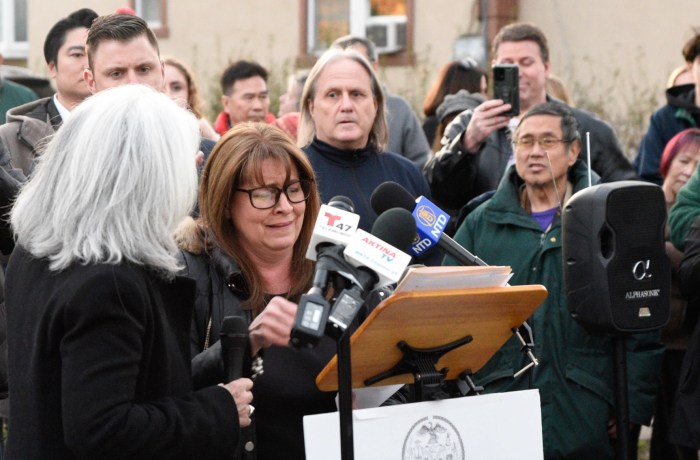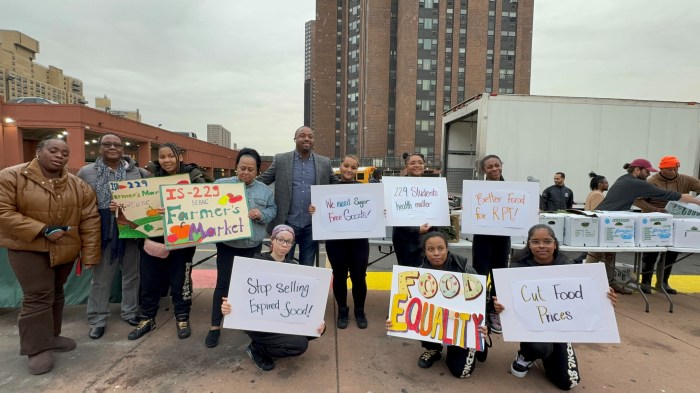President Donald Trump’s tariff increases on Canada, Mexico, and China implemented on Saturday — resulting in retaliatory tariff hikes on American exports — threaten to seriously impact every New York consumer with higher costs for just about everything, local officials warned Sunday.
Fulfilling a promise made during his 2024 campaign, Trump levied 25% tariff increases on imported Canadian and Mexican goods — and a 10% tariff hike on Chinese goods — on Feb. 1 via executive order. He claimed the move was necessary to increase border security and stop the illegal importation of fentanyl.
“Will there be some pain? Yes, maybe (and maybe not!),” Trump said in a Feb. 2 post on his Truth social media platform. “But we will make America great again, and it will all be worth the price that must be paid. We are a country that is now being run with common sense — and the results will be spectacular!”
Canada and Mexico, however, responded by imposing tariffs on American goods, a maneuver that could lead Trump to order additional tariff increases. Many of Canada’s tariff increases, however, are targeted at states that supported Trump’s re-election in 2024—including peanut butter from Kentucky, bourbon from Tennessee, and orange juice from Florida.
Yet New Yorkers will nonetheless feel the pinch of the higher tariffs on their wallets and pocketbooks on a variety of goods they rely upon every day, according to Senator Kirsten Gillibrand, who called it “a hot mess.”
“We want to be self-sufficient. We want to make sure our farmers can produce their farm the food they produce and sell to America,” the junior senator from New York said during a press conference at her Midtown office on Feb. 2. “But most of our farmers in New York and around the country export a lot of their food, even to China. So when you put a tariff up, it means they won’t be able to export the goods they are growing at all, and they’re blocked.”
Meanwhile, Queens U.S. Rep. Gregory Meeks, ranking member of the House Foreign Relations Committee, called the tariff increases a “lose-lose” situation and said, “Americans will suffer.” He also vowed to introduce House legislation aiming to terminate Trump’s self-declared “emergencies” that led to his tariff order, though whether those resolutions will pass in a Republican-dominated Congress seems unlikely.
“These tariffs are taxes on consumers and another demonstration of Republicans ripping off Americans in an effort to bankroll Trump’s tax cuts for his billionaire backers,” Meeks said. “Instead of working with Congress to lower costs for Americans, President Trump is abusing the International Emergency Economic Powers Act (IEEPA) to circumvent Congress.”
During a Feb. 2 interview on MSNBC, Gov. Kathy Hochul estimated the increased tariffs could cost New York families up to $1,400 this year as “an additional tax” on them.
“In a time when I’m working so hard to put money back in New Yorkers pockets, an additional $1,300, $1,400 a year is going to take that money right back out,” she said. “So consumers are the ones who are going to bear the brunt of this, and that’s what concerns me so much.”
Who pays the higher tariffs? First, the importer – and then, you
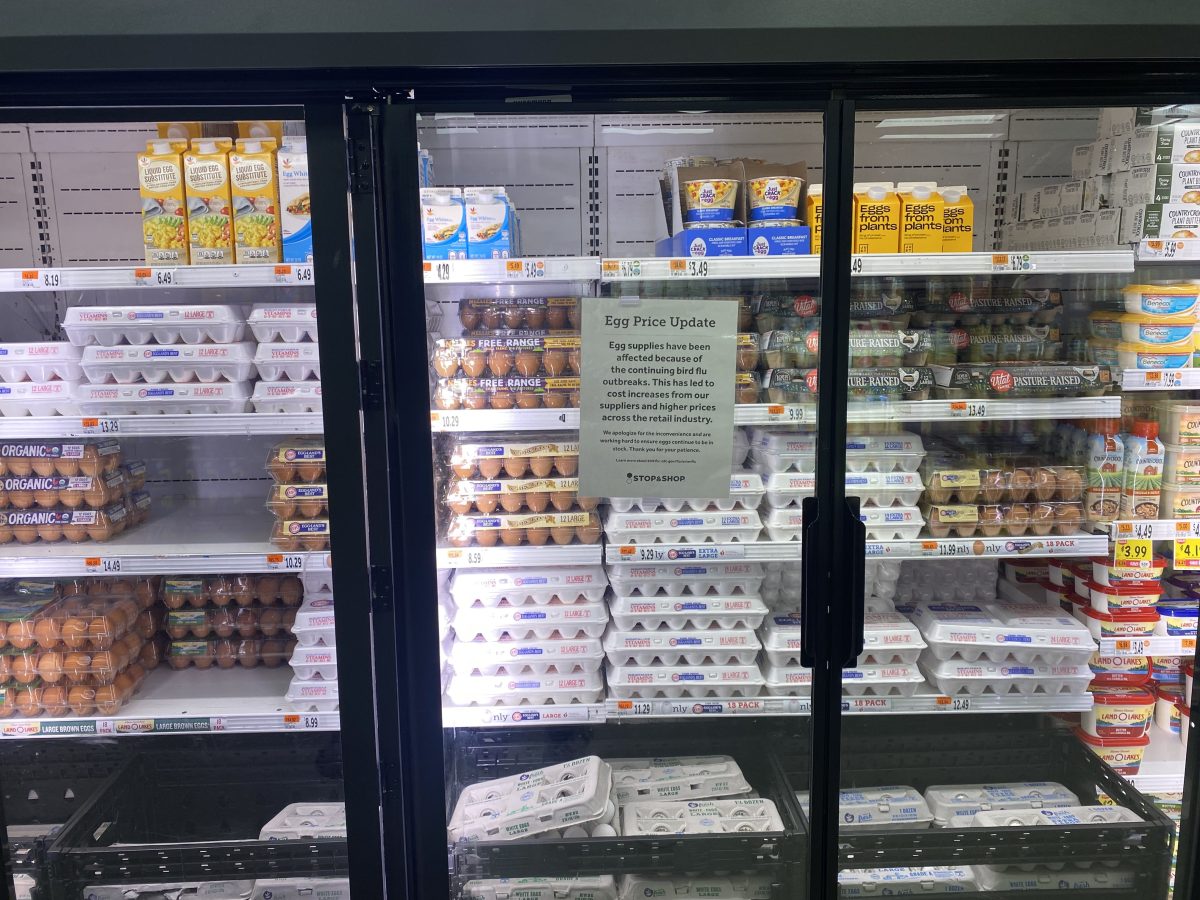
Unlike taxes, tariffs are imposed when an importer brings goods into the country. Basically, any company that imports goods at first pays the tariff at customs.
But once those goods have passed through the ports of entry, you, the consumer, cover the importers’ tariff costs through higher prices for the imported goods you’re buying. When the tariff goes up, so does the price of the items you buy.
Though Trump explained that the higher tariffs on Canada and Mexico aimed to increase border security, tariffs have been imposed in the past to protect domestic industries and raise public revenue. However, tariffs have also historically increased prices for goods because importers passed on the extra costs to consumers.
Higher tariffs have also caused economic turmoil at home and abroad. After the stock market crash of 1929, for instance, Congress and President Herbert Hoover enacted the Smoot-Hawley Act — legislation that increased tariffs on all agricultural imports and many manufactured goods.
While the act aimed to spur domestic production and boost economic activity, it wound up causing other nations around the world to increase tariffs on American goods — hurting already struggling American businesses, leading to a global decline in world trade, and worsening the effects of the Great Depression.
Trump was re-elected last November in a campaign dominated by economic issues; inflation during the middle of the Biden administration sent the costs of everyday goods like eggs and gasoline soaring. Even though inflation reverted to normal rates last year and the job market was strong, voters went back to Trump, as polls suggested they felt he had a better grasp on economic matters than his Democratic opponent, then-Vice President Kamala Harris.
Yet throughout a campaign focused on the American economy, Trump made no secret of his intention to seek tariff increases on imported goods—a move that numerous economic experts said would drive up costs even further.
‘Whatever you expect to buy … is going to go up in price’
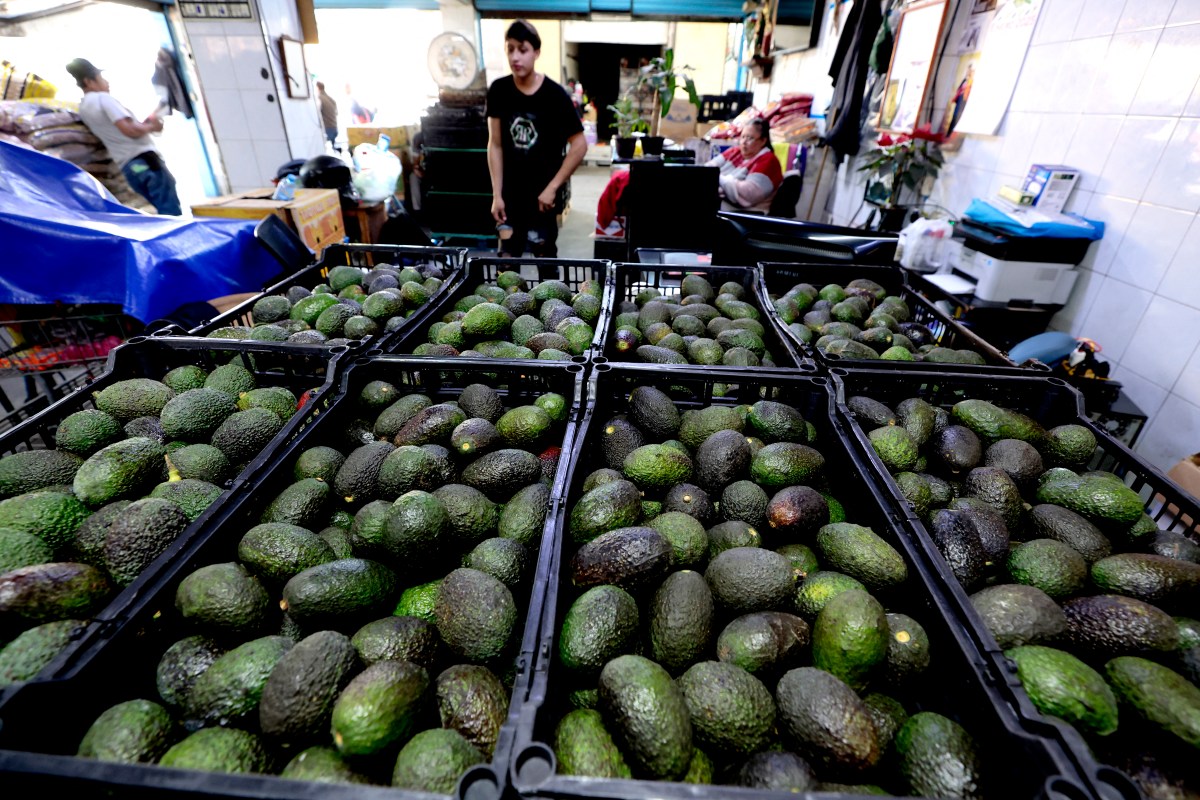
While most imported Canadian goods will see a 25% higher tariff, Trump imposed a lesser 10% tariff increase on imported Canadian energy. That could impact New York, given that the Empire State imports 10% of its energy from Canada.
According to a 2024 report from the Canadian Consulate General, New York imports $22.8 billion in goods from Canada, a third of which are minerals and metals (pearls, gems, precious metals, jewelry, aluminum), followed by agriculture at 13% and energy and transportation at 10% each.
Trade with Canada, the consulate general’s report noted, helps support 520,600 jobs in New York.
The Empire State also exports $29.8 billion worth of goods to Canada, including more than $10.3 billion worth of services in the financial and business sectors.
As for Mexico, trade with New York was mutual in 2023, with $3.5 billion in imports and exports exchange. The Mexican Embassy reported that most of New York’s imports from Mexico include beverages, electrical equipment and components, computers, plastic products and navigational, medical and control instruments.
On the other hand, New York sends products to Mexico, including engines, turbines, power transmission equipment, resin and synthetic rubber/fiber products, plastic products, and general-purpose machinery.
Trade with Mexico, according to the Mexican Consulate, supports 328,000 jobs in New York state.
Then there are 10% tariffs on Chinese imports, which Senator Gillibrand said will impact just about everything a New York consumer buys at a Walmart or any other store.
“Just know that whatever you expect to buy, whether it’s the broom or your dust pin or your garbage can for your bathroom or your kitchen, or the sheets you put on your bed, or the pillows you sleep on at night, or the food you buy, or the toys you buy your kids, or the bikes you buy your kid, or anything else — the gardening equipment, the electronics equipment, anything you buy at a Walmart, is going to go up in price,” Gillibrand said.
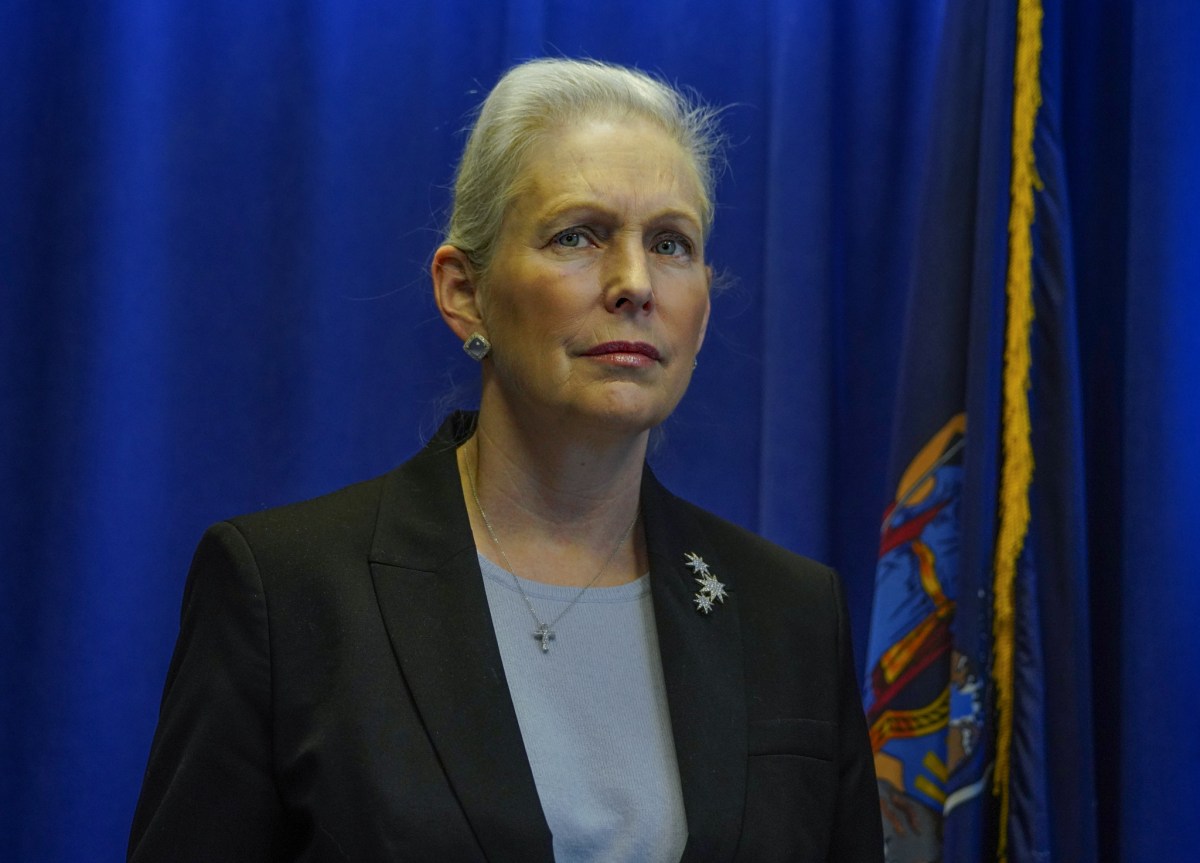
Higher Canadian tariffs on exported lumber to the United States, the senator noted, will likely increase the costs of building affordable housing in a state desperately trying to build more homes and lower the skyrocketing costs of housing.
The first immediate impact consumers may see on Canadian and Mexican imports may be in preparing for their Super Bowl parties, the senator added. Most of the avocados offered at New York stores this time of year, for example, are imported from Mexico — and if you plan on buying a few to make guacamole, you’re likely to pay more for them.
“When you are having your Super Bowl celebration, your guacamole is going up. I’ll promise you that, because those avocados get grown all over the place, including Mexico,” Gillibrand said. “The price of half the things that you’re going to serve your guests are going to go up, because we get a lot of those imports, tomatoes, in particular, also from Mexico.”
But more than household items and food, Queens state Senator John Liu suggested that the higher tariffs may come with an even more devastating impact for the New York economy: job loss.
“Every economist will tell you that the amount of jobs lost due to retaliatory tariffs, meaning job losses in the United States, always exceeds the potential job gains from imposing tariffs that bring manufacturing back into this country, always,” Liu said. “The number of jobs we lose is always more than the job number of jobs we gain from increasing tariffs and having retaliatory tariffs.”






